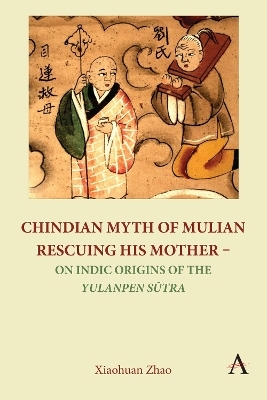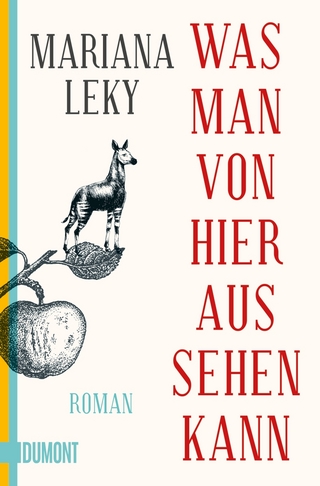
Chindian Myth of Mulian Rescuing His Mother – On Indic Origins of the Yulanpen Sūtra
Debate and Discussion
Seiten
2023
Anthem Press (Verlag)
978-1-83998-696-3 (ISBN)
Anthem Press (Verlag)
978-1-83998-696-3 (ISBN)
The scriptural source for the Ghost Festival in East Asia is the Yulanpen Sūtra, which, however, is overwhelmingly considered apocryphal in modern scholarship. This book challenges this widely held belief by demonstrating that the sūtra is a Chinese creative translation rather than an indigenous Chinese composition.
This book addresses the thorny issue regarding the authenticity of the Yulanpen Sūtra, the scriptural source for the Yulanpen Festival or Hungry Ghost Festival in East Asia. The sūtra, which features Mulian (Skr. Maudgalyāyana) adventuring into the Preta realm to rescue his mother, is catalogued in the Chinese Buddhist bibliography with the Indo-Scythian Dharmarakṣa (Ch. Zhu Fahu, ca. 266–308) given as the translator. However, in modern Chinese, Japanese, and Western scholarship, the sūtra is more often than not regarded as a Chinese Buddhist apocryphal scripture and the Mulian myth as an apocryphal story created by Chinese Buddhists to foster the sinicisation and transformation of Indian Buddhism mainly on the grounds that there is no extant Yulanpen Sūtra in Indic sources and that the sūtra stresses Confucian filial piety and ancestor worship. This book challenges these widely held beliefs by demonstrating that filial piety and ancestor worship are not peculiar to Confucian China but also inherent in Indic traditions and that the sūtra is a Chinese creative translation rather than an indigenous Chinese composition.
This book addresses the thorny issue regarding the authenticity of the Yulanpen Sūtra, the scriptural source for the Yulanpen Festival or Hungry Ghost Festival in East Asia. The sūtra, which features Mulian (Skr. Maudgalyāyana) adventuring into the Preta realm to rescue his mother, is catalogued in the Chinese Buddhist bibliography with the Indo-Scythian Dharmarakṣa (Ch. Zhu Fahu, ca. 266–308) given as the translator. However, in modern Chinese, Japanese, and Western scholarship, the sūtra is more often than not regarded as a Chinese Buddhist apocryphal scripture and the Mulian myth as an apocryphal story created by Chinese Buddhists to foster the sinicisation and transformation of Indian Buddhism mainly on the grounds that there is no extant Yulanpen Sūtra in Indic sources and that the sūtra stresses Confucian filial piety and ancestor worship. This book challenges these widely held beliefs by demonstrating that filial piety and ancestor worship are not peculiar to Confucian China but also inherent in Indic traditions and that the sūtra is a Chinese creative translation rather than an indigenous Chinese composition.
Xiaohuan Zhao is an Associate Professor of Chinese Literary and Theatre Studies at the University of Sydney.
List of Figures; Preface; Author’s Notes; Introduction; 1. Yulanpen Sūtra and Maudgalyāyana; 2. Etymologies of Yulan, Pen and Yulanpen; 3. Yulanpen Sūtra in Chinese Buddhist Catalogues; 4. Yulanpen Sūtra: Apocryphal or Authentic?; Conclusion; Glossary; Bibliography; Index
| Erscheinungsdatum | 22.11.2022 |
|---|---|
| Verlagsort | London |
| Sprache | englisch |
| Maße | 153 x 229 mm |
| Gewicht | 454 g |
| Themenwelt | Geisteswissenschaften ► Religion / Theologie ► Buddhismus |
| ISBN-10 | 1-83998-696-4 / 1839986964 |
| ISBN-13 | 978-1-83998-696-3 / 9781839986963 |
| Zustand | Neuware |
| Haben Sie eine Frage zum Produkt? |
Mehr entdecken
aus dem Bereich
aus dem Bereich
Philosophische Betrachtungen
Buch | Softcover (2024)
Aufbau TB (Verlag)
12,00 €


